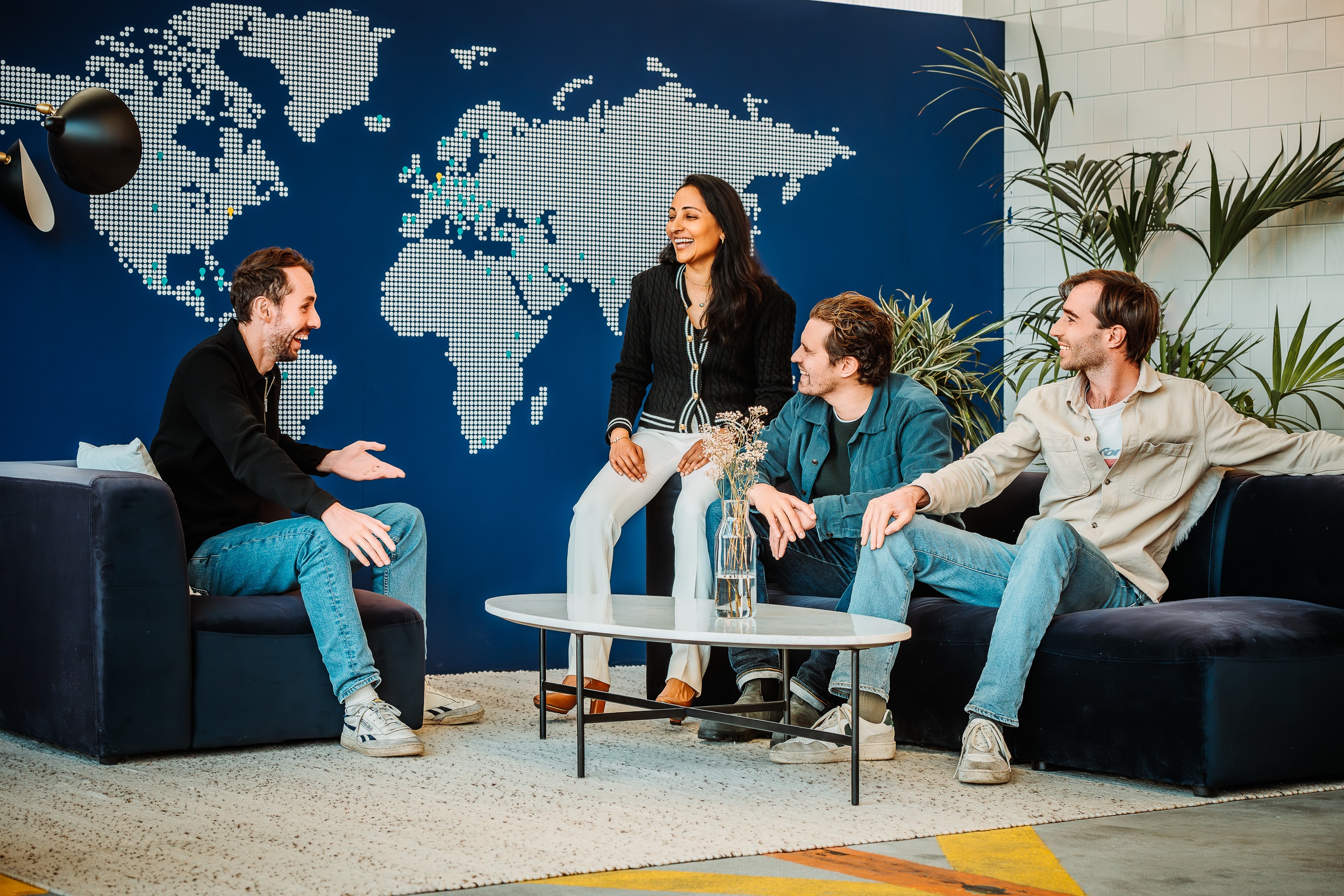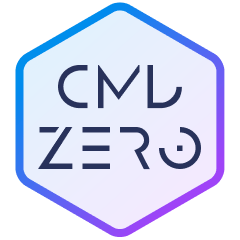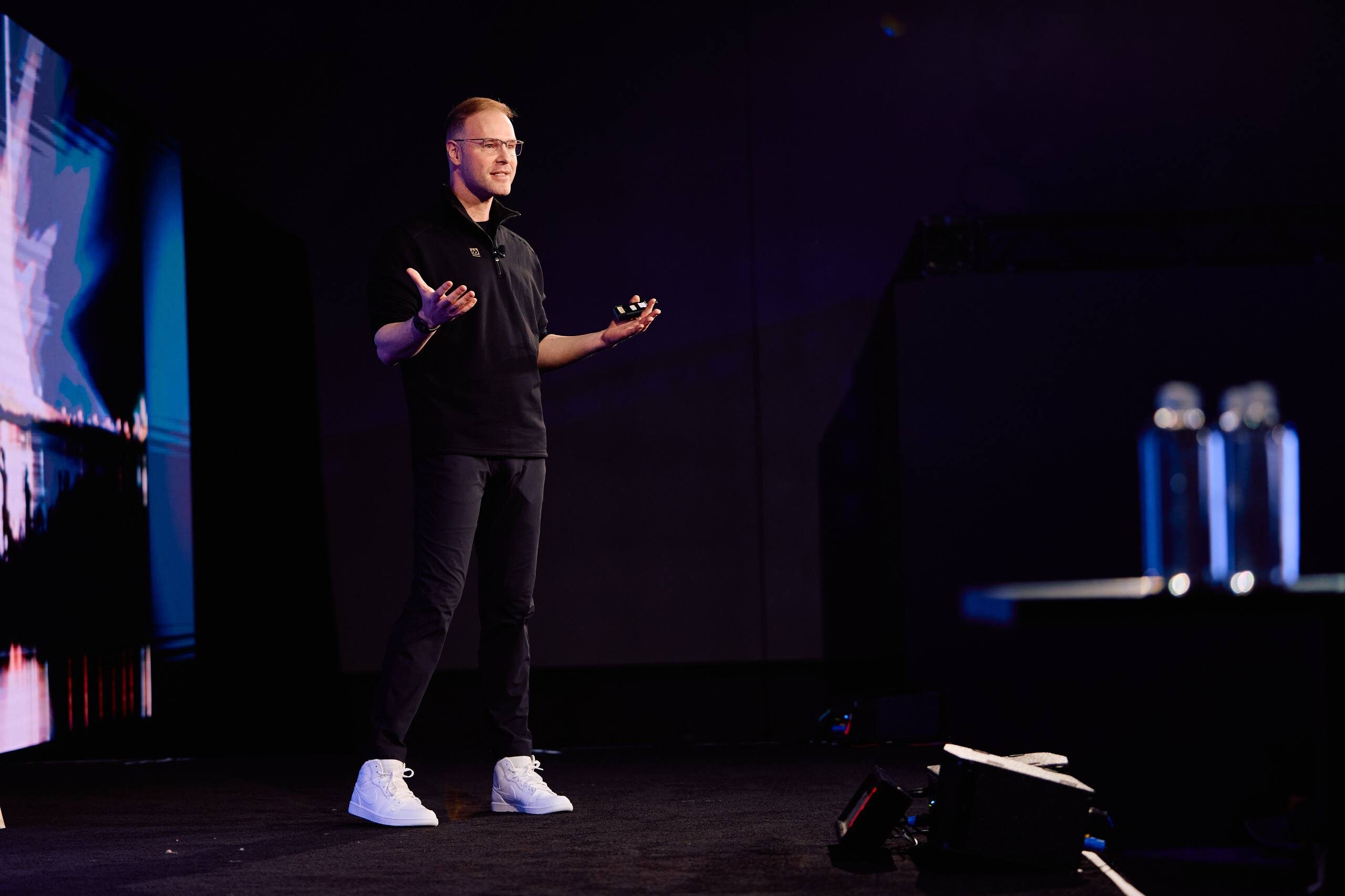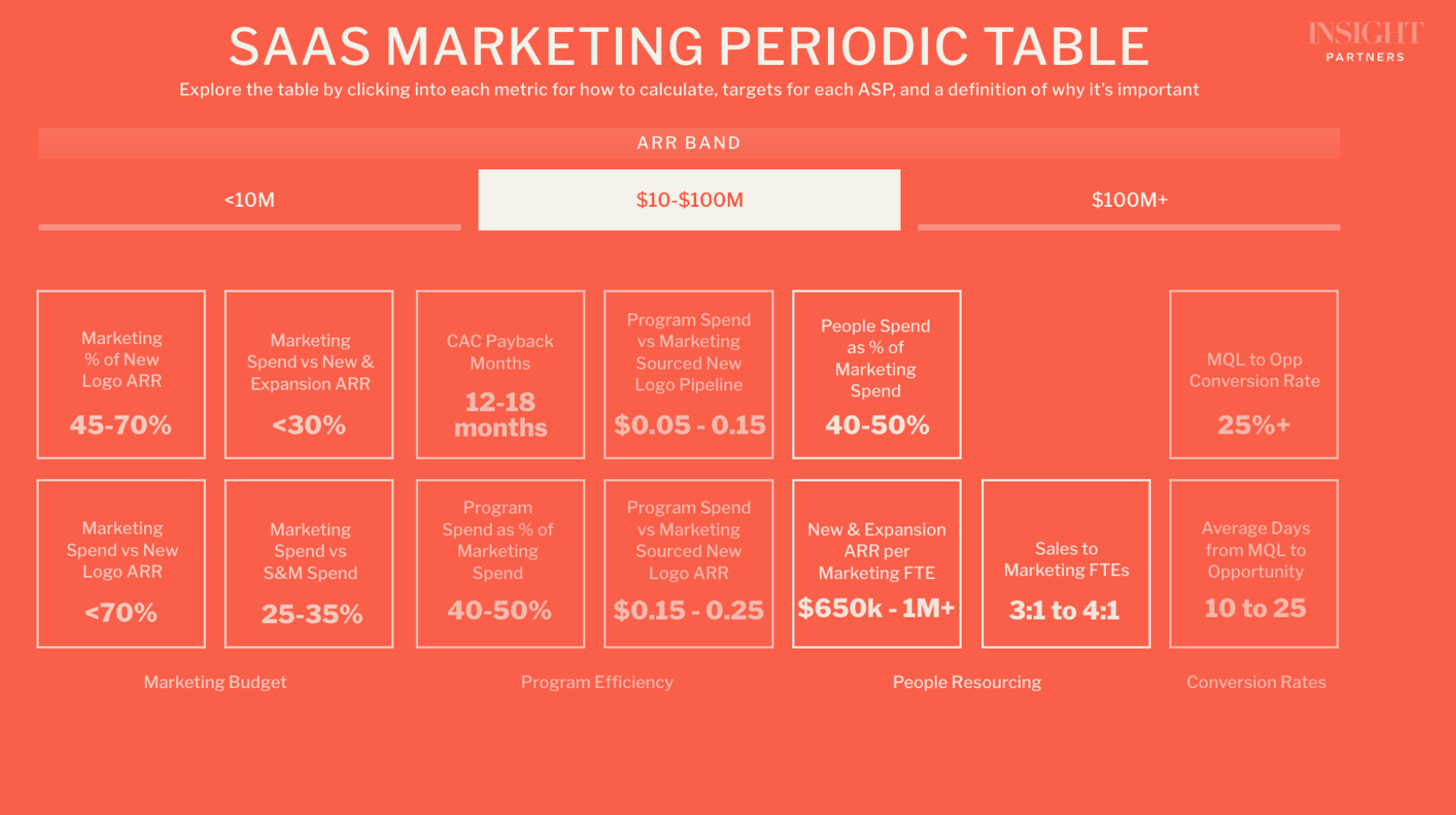The AI-list: The latest AI news as of May 5

AI is a rapidly developing sector that Insight has invested more than $4B since 2014. We’re currently tracking 23,315 AI/ML startups and ScaleUps. Naturally, our team has seen a lot, and the discussions around this topic generate a lot of opinions.
Here’s a look behind the curtain into some of what we’re reading, sharing, and discussing across the team at Insight lately. Think we missed something? Email us and tell us all about it. And don’t forget to save the date for ScaleUp:AI in October.
Geoffrey Hinton tells us why he’s now scared of the tech he helped build
One of the more impactful headlines in recent weeks is that Geoffery Hinton, pioneer of deep learning and widely considered one of the grandfathers of modern artificial intelligence, is leaving Google. Most headlines — including the one I’ve included here, by way of the MIT Tech Review (paywall, sorry) — focus on the doom narrative of “inventor killed by their own invention.” And that’s part of it. The interview with Hinton reveals his reflections on AI being smarter than humans and his motivation to step out of the Google executive lens to take time to think more philosophically about these issues and work with leaders. Not all experts agree, of course: joint recipient of the 2018 Turing Award, Yann LeCun, agrees with Hinton’s premise but does not share his fears. “I believe that intelligent machines will usher in a new renaissance for humanity, a new era of enlightenment,” LeCun is quoted, adding: “Even within the human species, the smartest among us are not the ones who are the most dominating.”
Leaked Google document: “We Have No Moat, And Neither Does OpenAI”
From Simon Willison’s blog, analysis of the juicy internal Google document leaked via Discord. From Simon: “The premise of the paper is that while OpenAI and Google continue to race to build the most powerful language models, their efforts are rapidly being eclipsed by the work happening in the open source community.”
Spoiler: AI improved productivity! But not necessarily for the employees you might expect — it was the less-experienced and less-skilled workers who benefitted the most. From NPR, can AI tech help close the skills gap?
IBM plans to replace 7,800 jobs with AI over time, pauses hiring certain positions
From Ars Technica, it’s the headline many people have feared: being replaced by AI. IBM CEO Arvind Krishna announced this week that they’re pausing hiring for 7,800 positions and says he could see 30% of back-office functions replaced by AI over the next five years. The “year of efficiency” across tech companies (both large and small) continues.
White House unveils an AI plan ahead of meeting with tech CEOs
From CNN, AI leaders met with President Biden this week. In advance of the meeting, the White House announced plans to introduce policies that shape how federal agencies procure and use AI systems. The National Science Foundation also announced they will spend $140 million to promote research and development in AI: “The funds will be used to create research centers that seek to apply AI to issues such as climate change, agriculture and public health.” We’ve come a long way from asking Sundar Pichai basic questions about how the internet works.
Highlights from our portfolio
- “Deci AI has just dropped a game-changing object detection model that you won’t want to miss: YOLO-NAS 🚀” (via LinkedIn)
- “ChatGPT can’t generate internal code documentation – because telling the story of your codebase is more complex than that. Guess what? Swimm can ✨” (via LinkedIn)
- “Honeycomb announces generative AI-driven natural language querying for observability” (via VentureBeat)
Bits and bots
- We’re seeing some pretty amazing examples of ChatGPT Code Interpreter.
ChatGPT Code Interpreter is the latest ” this changes everything” moment in AI.
A few days in and we’re seeing data analysis, visualization, business strategy, academic research and paper writing & even basic video editing.
Here are 6 of the coolest examples so far 👇🧵 pic.twitter.com/kMQTFaIr5E
— Nathaniel Whittemore (@nlw) May 4, 2023
- Midjourney got an update this week, and I’ve already pinned one of these examples to my Spring outfits mood board.
The new version of Midjourney that released yesterday shows how far AI has come in making commerical-level images from text alone
Here is what you get for “modern outfits inspired by Van Gogh/ Basquiat/ Monet/ Rothko, fashion photoshoot” Each one is the first try, no revisions. pic.twitter.com/NTBKX1fD1b
— Ethan Mollick (@emollick) May 3, 2023
- An underrated benefit of AI: making medical reports more accessible. (Related-ish: in mid-April Google Cloud announced their medical LLM, Med-PaLM 2, to “significantly enhance medical experiences.”)
Last night at 11pm, I had #ChatGPT ingest a loved one’s cerebral MRI report, translate it (I speak french but not MRI-doc-french), explain it, and root-cause it so that I could have an informed conversation with the doctor this morning. I f’in ♥️ AI. Thank you @OpenAI!
— Yan-David Erlich (@yanda) April 28, 2023
- Can AI-generated text be reliably detected? Apparently not. “We then provide a theoretical impossibility result indicating that for a sufficiently good language model, even the best-possible detector can only perform marginally better than a random classifier.” This appears to be the case even with watermarks built into LLMs, but there’s sure to be more development here, so stay tuned.
- Another newsletter covering the zeitgeist of AI. It’s published by Matthew Lynley, Business Insider’s lead reporter on AI and big data. Check out Supervised here.
- Your college BFF got a sexy AI glowup. LexisNexis launched Lexis+AI to power legal research by incorporating conversational search, summarization, and drafting, to start. (Not to be left out, Thompson Reuters also recently announced a $100M+ investment in AI with plans to incorporate generative AI capabilities later this year.)
Editor’s note: Articles are sourced from an ongoing, internal Insight AI/Data Teams chat discussion and curated, written, and editorialized by Insight’s VP of Content and Thought Leadership, Jen Jordan, a real human. (Though maybe not for long?)
Deci.AI, Swimm, and Honeycomb are Insight Partners portfolio companies.
Photo by Alina Grubnyak.








